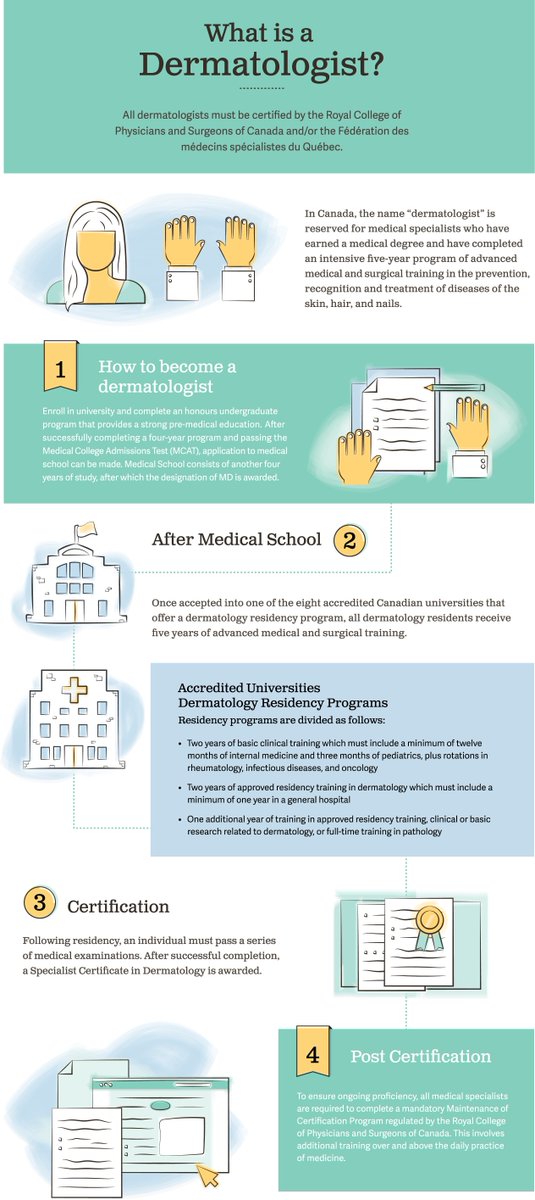Misconceptions And Facts Regarding Acne: Debunking Common Misconceptions
Misconceptions And Facts Regarding Acne: Debunking Common Misconceptions
Blog Article
Content By-Termansen Hawkins
You may think that enjoying chocolate or greasy foods is the root cause of your acne, yet that's simply among numerous myths swirling around this usual skin condition. As a matter of fact, acne primarily stems from clogged hair roots, not your last dessert. Misunderstandings like these can lead you to adopt inefficient skin care techniques that might also aggravate your scenario. As you browse the facts behind acne, you'll find understandings that could change your strategy to skin care and help you accomplish more clear skin. So, what truly exists beneath the surface area?
Common Myths Regarding Acne
When it involves acne, lots of people rely on typical misconceptions that can bring about complication and irritation. One common myth is that eating chocolate or oily foods causes acne. While diet regimen can influence skin health and wellness, the straight web link in between specific foods and acne isn't as clear-cut as lots of assume.
An additional typical misconception is that you must scrub your face intensely to clear up outbreaks. In truth, hostile scrubbing can irritate your skin and intensify acne.
You might also think that acne just influences teenagers, but grownups can experience it as well, commonly because of hormonal changes or anxiety. Some individuals assume that tanning can clear acne, yet sun direct exposure can really lead to skin damage and get worse breakouts over time.
Finally, numerous think that utilizing severe items will get rid of acne rapidly. Nonetheless, these items can remove your skin of its natural oils, leading to increased irritability and even more breakouts.
Scientific Facts Behind Acne
Recognizing the clinical realities behind acne can empower you to tackle this typical skin disease better.
Acne takes place when hair follicles become clogged with oil, dead skin cells, and germs. This process often starts with an overflow of sebum, the oil your skin normally creates. Hormonal changes, particularly throughout the age of puberty or menstruation, can activate this excess oil.
Germs called Propionibacterium acnes prosper in these clogged pores, causing inflammation. When your immune system reacts, it can cause redness and swelling, leading to those pesky acnes or cysts.
Genes also play a role; if your parents had acne, you could be a lot more prone to it.
Diet plan and tension levels can affect acne also, however study is still developing in these locations. While enjoying greasy foods will not directly trigger breakouts, a balanced diet can support your skin health and wellness.
Likewise, managing tension can reduce hormonal changes that might intensify acne.
Tips for Handling Acne
Taking care of acne properly calls for a combination of day-to-day skincare behaviors and way of life modifications. Begin by establishing https://www.newbeauty.com/6-ways-to-fix-hollow-eyes/ . Clean your face twice a day with a gentle, non-comedogenic cleanser to eliminate dirt and excess oil. Prevent rubbing too hard, as this can aggravate your skin and aggravate acne.
Next off, include products consisting of salicylic acid or benzoyl peroxide to assist avoid outbreaks. Always follow up with a lightweight, oil-free moisturizer to keep your skin hydrated. Do not neglect sun block; select non-comedogenic options to shield your skin from UV damages without clogging pores.
Past skin care, take notice of your diet. Limitation sugary and greasy foods, and focus on fruits, vegetables, and entire grains. Staying hydrated is essential, so drink plenty of water throughout the day.
Furthermore, handle https://coldlsertherapy55542.worldblogged.com/38193456/what-if-the-trick-to-clear-skin-lies-in-a-customized-technique-discover-how-tailored-acne-therapy-strategies-can-make-all-the-difference through activities like yoga exercise, reflection, or exercise, as tension can set off outbreaks.
Finally, avoid picking or popping pimples. This can result in scarring and additional inflammation. If your acne continues, seek advice from a skin specialist for tailored treatment alternatives.
Conclusion
Finally, it's essential to separate truth from fiction when it involves acne. By debunking usual misconceptions, you can better understand your skin and make informed choices for your skincare routine. So, why continue to rely on obsolete ideas when the truth can equip you? Welcome much healthier behaviors, concentrate on gentle cleaning, and bear in mind that taking care of acne is a journey. With the appropriate expertise, you're one step more detailed to clearer, much healthier skin.
